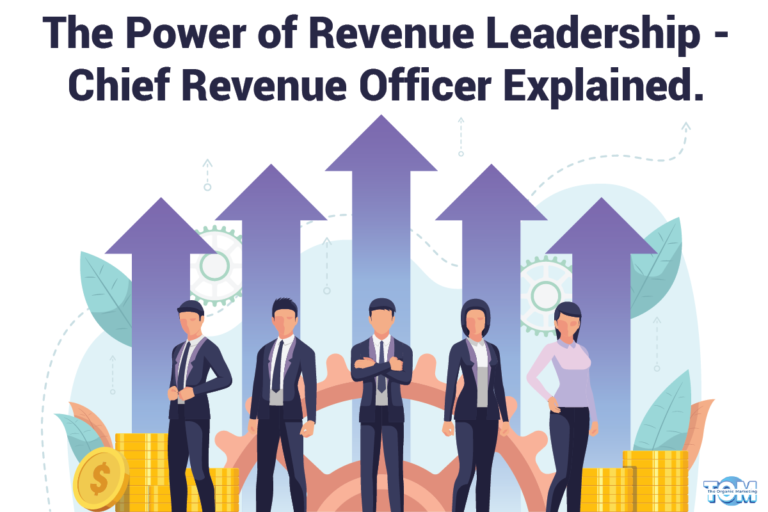Understanding Payment Gateways: A Detailed Overview
The idea of a payment gateway is essential for enabling safe and easy financial transactions in the current digital age, when online transactions are the standard. Understanding payment gateways is essential whether you’re a frequent online shopper, a small company owner, or just curious about the complexities of online payments. We’ll cover all you need to know about payment gateways in this in-depth guide, from their basic definitions to their sorts, important factors, and advantages in our increasingly cashless society.
What is a Payment Gateway?
At its essence, a payment gateway is a technologically powered conduit that permits the safe movement of funds between a client and a retailer online. It serves as a virtual link between different organizations, including customers, banks, and companies, to make it easier to authorize and settle online transactions. In essence, it acts as a digital gatekeeper to make sure that your online transactions are safe and easy.
How Does a Payment Gateway Work?
- Customer Initiates Payment: It begins when a customer initiates a payment on a merchant’s website or app, such as making an online purchase.
- Information Encryption: The payment gateway encrypts the sensitive information, including the customer’s card details, to protect it from potential interception by cybercriminals during transmission.
- Authorization Request: The encrypted information is sent to the issuing bank (the bank that issued the customer’s card) to request authorization for the transaction.
- Authorization Response: The issuing bank evaluates the request based on the availability of funds, security checks, and various other factors. In response, the payment gateway receives an authorisation confirmation.
- Transaction Approved or Declined: The payment gateway receives the authorization response, and based on the bank’s decision, it informs the merchant whether the transaction is approved or declined.
- Merchant Confirmation: If approved, the merchant confirms the transaction, and the payment gateway proceeds to settle the payment.
- Funds Transfer: The payment gateway facilitates the transfer of funds from the customer’s bank to the merchant’s bank, marking the completion of the transaction.
Types of Payment Gateways in India
- Hosted Payment Gateways: These redirect customers to a secure payment page hosted by the payment gateway provider. Popular examples include Razorpay and PayU.
- Self-hosted Payment Gateways: Merchants host these gateways on their websites or apps and handle payment processing directly. Instamojo is a well-known self-hosted gateway.
- Mobile Wallets: Mobile wallet providers like Paytm and Google Pay offer their own payment gateways, simplifying transactions for users.
Key Players Involved in Online Payments
- Customers: Individuals or entities making online payments for goods or services.
- Merchants: Businesses or individuals selling products or services online.
- Payment Gateway Providers: Companies like PayPal, Stripe, and Razorpay that offer the technology and infrastructure for secure online transactions.
- Banks: Financial institutions, including issuing banks (customer’s bank) and acquiring banks (merchant’s bank), that handle funds transfer and authorization.
- Payment Networks: These include Visa, Mastercard, and American Express, which facilitate card-based transactions.
Payment Gateway vs Payment Processor
Payment Gateway
- Secure Data Transfer: Payment gateways specialize in securing payment data during transmission, employing encryption and security protocols to protect sensitive information from potential breaches.
- Authorization Facilitation: They initiate authorization requests and communicate with issuing banks to verify transaction details, facilitating the approval or decline of transactions.
- Authorization Response: Payment gateways relay authorization responses to merchants, informing them of the transaction’s status, whether approved or declined.
- User Experience: They contribute to a seamless payment experience for customers by offering features like multi-language support and various payment methods within the merchant’s platform.
- Integration with Merchant’s Website: Payment gateways smoothly integrate with merchant websites or applications, ensuring a consistent and branded payment process.
- Transaction Record Keeping: Detailed transaction records are maintained, including transaction IDs, timestamps, and payment amounts, aiding record-keeping and dispute resolution.
Payment Processor
- Transaction Settlement: Payment processors handle the settlement of funds, acting as intermediaries between issuing and acquiring banks to ensure the transfer of money.
- Funds Transfer: They initiate the transfer of funds from the customer’s bank to the merchant’s bank, employing clearing, settlement, and reconciliation processes for accuracy.
- Payment Method Handling: Payment processors support various payment methods, ensuring that funds are routed correctly, whether via credit cards, digital wallets, or bank transfers.
- Currency Conversion: In international transactions, they manage currency conversion, calculating equivalent amounts in the merchant’s chosen currency for cross-border commerce.
- Risk Management: Payment processors contribute to risk management by applying fraud detection measures, monitoring transactions for suspicious activity, and mitigating fraud risks.
- Settlement Reports: They provide detailed settlement reports to merchants, summarizing daily transactions, fees, and settlement amounts, essential for financial reconciliation and accounting.
What Features Should a Payment Gateway Have?
- Security: Ensure the gateway complies with industry standards for data security, such as PCI DSS.
- Ease of Integration: Choose a gateway that integrates seamlessly with your website or application.
- Accepted Payment Methods: Check if the gateway supports the payment methods your customers prefer, such as credit cards, debit cards, UPI, or digital wallets.
- Pricing Structure: Evaluate the gateway’s pricing structure, including transaction fees, setup costs, and ongoing charges.
- Scalability: Choose a gateway that can accommodate your business’s growth and evolving needs.
Why Do You Need a Payment Gateway?
- Security: Payment gateways employ encryption and security measures to protect sensitive data, ensuring secure online transactions.
- Convenience: They offer a seamless and user-friendly payment experience, allowing customers to make purchases or payments from the comfort of their homes.
- Global Reach: Payment gateways enable businesses to expand their reach to a global audience by accepting various payment methods and currencies.
- Transaction Records: They maintain transaction records, making it easier for businesses to track and manage their finances.
From their essential role in encryption and authorization to their convenience and global reach, payment gateways are the digital bridges connecting customers and merchants in our cashless society. As we embrace the future of commerce, understanding payment gateways is not just a matter of knowledge; it’s a key to unlocking the world of online transactions and financial security.
For more details on payment gateways on which one is better suited for your brand/business, contact The Organic Marketing now!





